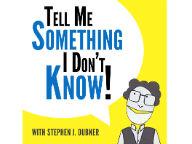Business and Policy Leader Events
—
2017 MBA Media & Entertainment Conference
—

On Friday, April 7, students from NYU Stern and the Columbia Business School will host the 2017 MBA Media and Entertainment Conference. The annual event brings established leaders and groundbreaking pioneers together to share insights on the state of media and entertainment.
Business and Policy Leader Events
—

On Friday, April 7, students from NYU Stern and the Columbia Business School will host the 2017 MBA Media and Entertainment Conference. The annual event brings established leaders and groundbreaking pioneers together to share insights on the state of media and entertainment.





















